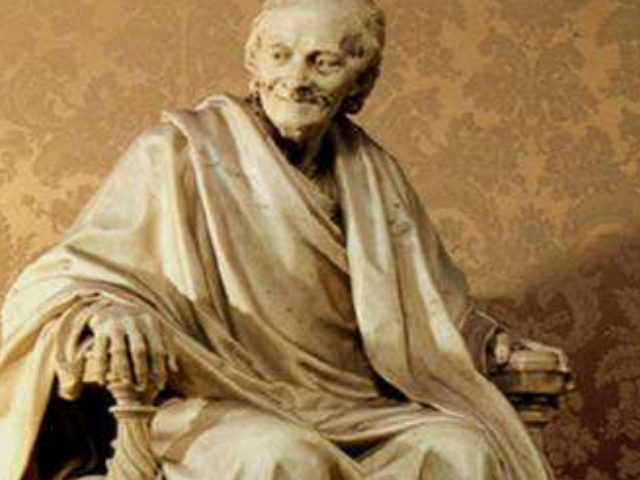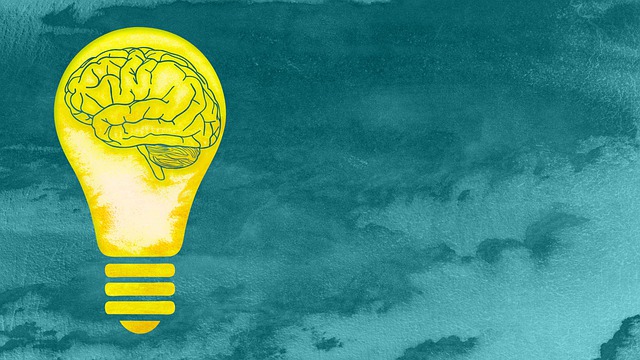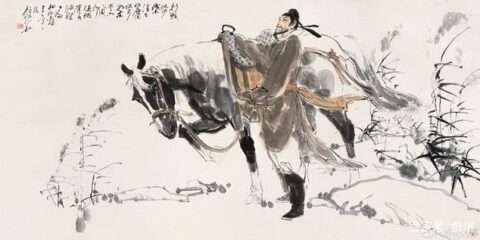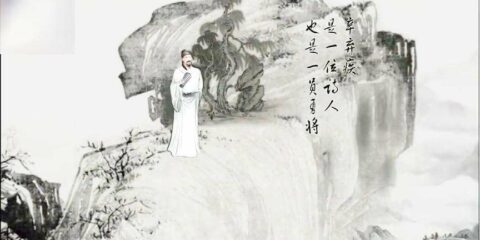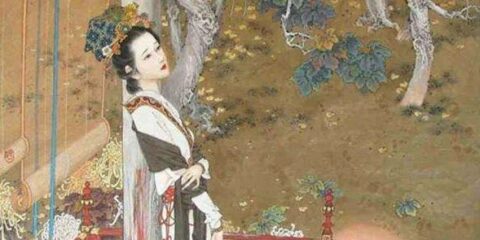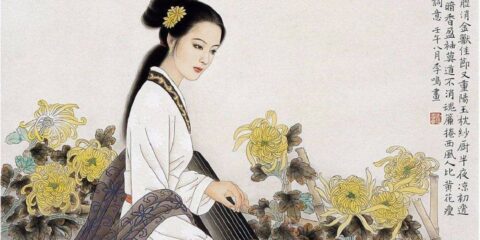21. Zhang Zai (1020-1077) was a philosopher of the Northern Song Dynasty. He was known as Mr. Hengqu. Founding of Neo ConfucianismOne of the people. Giving lectures in Guanzhong, so its school is called “Guanxue”. Affirming that “Qi” is an entity that fills the universe, recognizingAs the material Qi is eternal and immortal, it criticizes the views of Buddhism and Taoism on “emptiness” and “nothingness”.His main works include zhengmeng, jingxueli grottoes, Yi Shuo, and so on, which are incorporated into the complete book of Zhang Zi. Zhonghua Book CompanyZhang Zai Ji was published in 1978.
22. Anselm, Canterbury (1033-1109) Italian medieval FrancisTheologians, important representatives of scholasticism and extreme realists are called “the last Godfather and the first Godfather”Scholastic philosopher “. He put forward the ontological proof of the existence of God, holding that reason obeys faith, “I will never.”It is not understanding that leads to faith, but faith that leads to understanding. Because I believe that unless I believe, I will never understand “. His representative works include “on Tao”, “monologue”, “why God turns into a man”, etc.
23. Zhu Xi (1130-1200) has the character Hui, the word Zhong Hui, and the number Hui’an, also known as Ziyang, and the Southern Song ZheScientist and educator. He developed Er Cheng’s theory on the relationship between Li and Qi, which was a great achievement of Neo Confucianism, and established the Neo Confucianism system of objective idealism known as the Cheng Zhu school. His Neo Confucianism was mentioned as Confucianism in the Ming and Qing DynastiesThe status of the Pope. His main works include notes to four books and chapters, the original meaning of the book of changes, a biography of poetry and notes to the Chu, and the collection of Mr. Hui’an’s official documents and Zhu Ziyu compiled by later generations.
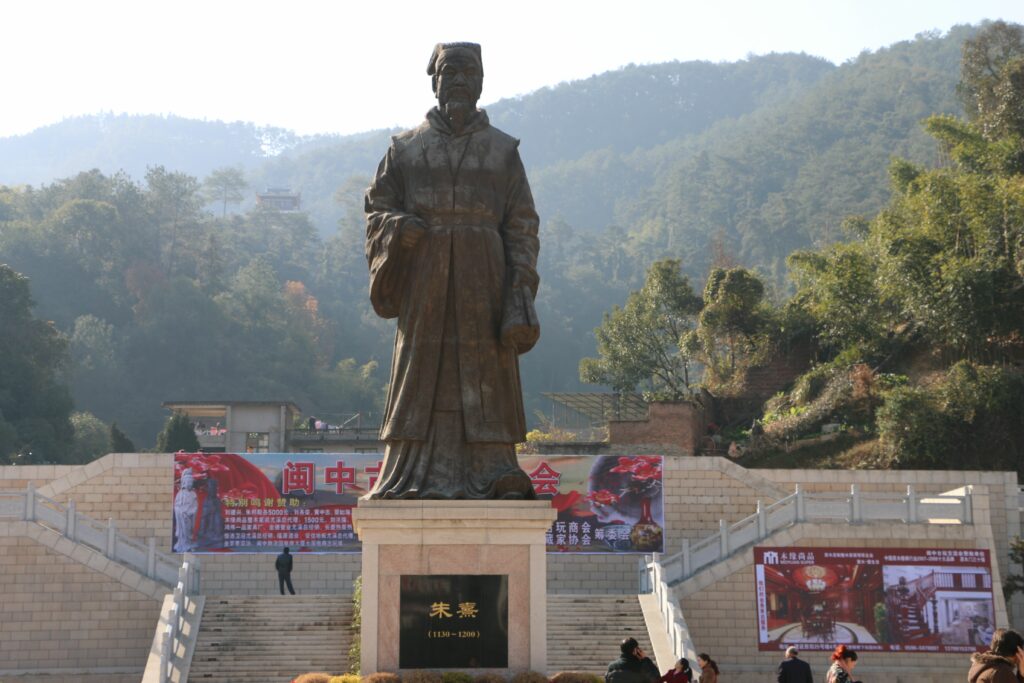
24. Lu Jiuyuan (1139-1193) was a philosopher of the Southern Song Dynasty. His name was Zijing and his name was Chun Zhai. In Guixi, JiangxiXiangshan built a “jing she” and gathered disciples to give lectures. Scholars call it Mr. Xiangshan. He is the founder of “psychology”. Take “heart” as the correct constitutes the origin of all things in the universe, puts forward the proposition of “mind is the reason”, and holds that in the relationship between “mind” and “matter”, there are ten thousand everything in my heart. His study was inherited and developed by Wang Shouren, known as the “Lu Wang School” in the world. The works are compiled by later generations 1981, Zhonghua Publishing House published Lu Jiuyuan’s collection.
25. Thomas Aquinas (1226-1274) was a medieval Italian GodScholar and the main representative of Scholasticism in the feudal period of Western Europe. That God exists, that faith is above reason, and “The so-called other sciences are the maidservants of theology”. He believes that man is a combination of soul and body, and the soul isThe body will decay and disappear. Only when combined with the soul can it form an “individual”. His masterpiece is the great anti-pagan novel complete works “,” complete works of theology “, etc.
26. Martin Luther (1483-1546) was born as a farmer in GermanyThe family, the initiator of the religious reform movement, and his representative works are “95 programs” and “to the German Christian Church”The family open book, the Babylonian prisoner of the church and on the freedom of Christianity put forward the theory of “justification by faith”.
27. Da Vinci, Leonardo (1452-1519) during the Italian RenaissanceFamous painters and philosophers of the period. His paintings include the last supper and Mona Lisa, and his works include painting.
28. Wang Shouren (1472-1528) was a philosopher and educator of the Ming Dynasty. His name was born and his posthumous title was Wencheng. Zeng ZhuMy hometown is Yangming cave, known as Mr. Yangming in the world. Advocate the “Xiangshan school” and believe that everything in the world depends on all things in nature and human society is the expression of the “heart”. Put forward “knowledge” The theory of “unity of action” advocates seeking reason in my heart. His works were compiled into the complete book of Wang Wencheng by manner, which is in philosophy most important ones are “biography” and “University questions”.
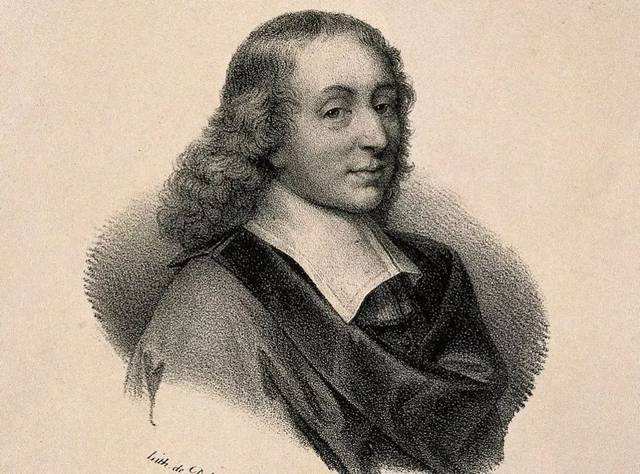
29. Patrizi, Francesco (1529-1597), Italian RenaissanceNatural philosophers. He affirmed that objective reality is the fundamental principle of things, and material is the basis and origin of all thing’s causes; All matter consists of four internal principles: space, light, heat, and flow. And that God created the world, God is equal to light. His main works include the art of history, the new philosophy of the universe, the debate of the carefree school, etc.
30. Francis Bacon (1561-1626) was an Englishman. He was the first to express modern science and expounds on the purpose and nature of science, the correct way to develop science, and summarize the essence of a scientific experiment for the first time empirical method – induction plays a guiding role in the development of modern science. Four illusion theory. His main works are WeiGreat rejuvenation, including on academic progress and new tools.
31. Hobbes, Thomas (1588-1679) was an English empiricist philosopher. It puts forward that all knowledge and ideas originate from sensory experience, and puts forward the famous thought of “social contract theory”. representatives’ works include citizens, Leviathan, objects, and on human nature.
32. Rene Descartes (1596-1650) was born into a French noble family. He put forward the famous proposition of “I think, therefore I am”, and put forward the idea of “mind-matter” dualism. generation is works include the rules guiding the mind, on methods, meditation on the first philosophy, and philosophical principles.
33. Wang Fuzhi (1619-1692) was a thinker in the Ming and Qing Dynasties. He was named Jiang Zhai with the word “agriculture”. Live in seclusion in old ageSteaming Zuoshi Chuanshan in Western Hunan (now Gulan, Hengyang County, Hunan), scholars call Mr. Chuanshan. Summed up and developed the Chinese biographyTraditional simple dialectics and materialism believe that the universe is a material entity composed of “Qi”, and the material entity is “Qi” And objective law “reason”, the two cannot be separated. Later generations compiled the book as “Chuanshan suicide note”, which is the most important in philosophy important ones include the biography of the book of changes, the book of Shang’s citation of righteousness, the theory of reading the four books, Zhang Zizheng’s annotation, the record of thinking and asking fellow book, nightmare, Laozi Yan, Zhuang Zitong.
34. Spinoza Benedictus de (1632-1677), Dutch philosopher, rationalist atheism. Spinoza believes that the entity is the only constant infinite existence, and there is no superThe existence of natural God, the entity itself is God, with the tendency of pantheism. He is the author of ethics.
35. Locke John (1632-1704) was an English materialist philosopher and the main representative of empiricismOne of the representatives. Locke developed Bacon’s philosophical system and believed that knowledge originated from sensory experience and was politically importantPut forward the decentralization theory. He is the author of human reason and government.
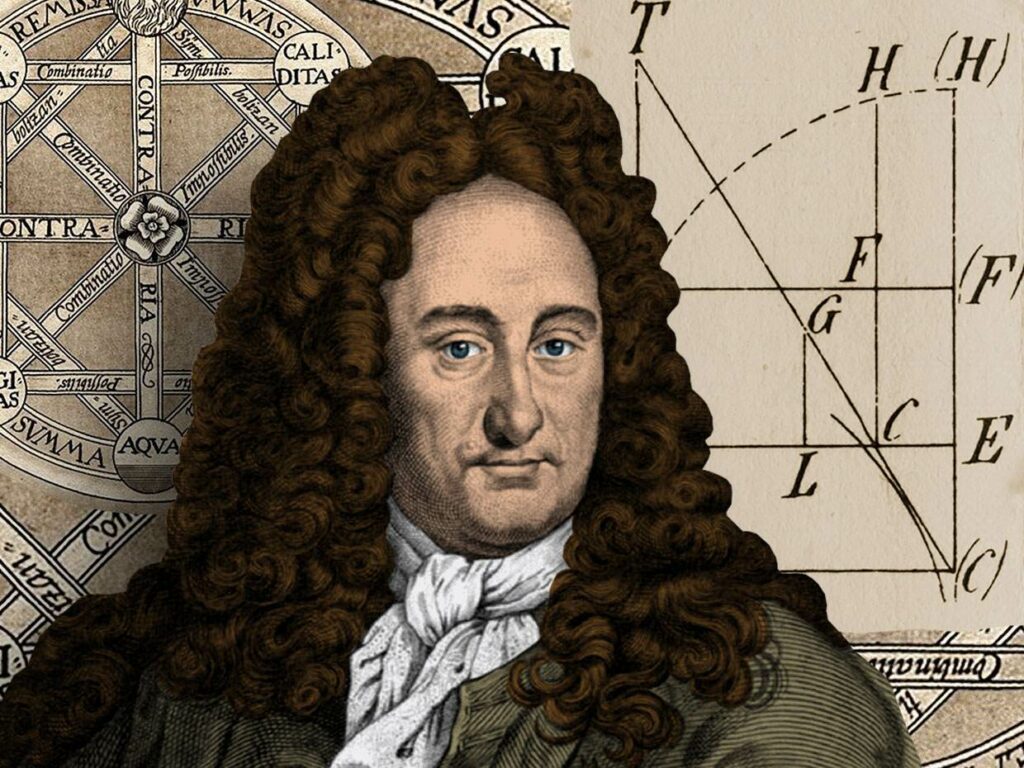
36. Leibniz, Gottfried Wilhelm (1646-1716), German philosopher, rationalistOne of the main representatives of, he put forward the theory of monad, which takes monad as the basis of everything and explains the operation of thingsDynamic change shows the continuity of the movement and development of things with infinite single sequence and the predetermined harmony of single sequence changeAnd the regularity of change, forming the philosophical system of objective idealism. He is the author of monasteries and human reasonNew theory.
37. Giovanni Battista Vico (1668-1744) was a great Italian philosopher and Chinese philosopherScientists, aestheticians and jurists have a great influence on the history of modern thought and culture in the world. According to his historical philosophy,Because human will determines action, human beings create history by themselves, and human beings can correctly understand history and findThe regularity of history and make history a “new science”. His famous masterpiece is new science.
38. Berkeley, George (1685-1753), British philosopher of subjective idealism, Born in Ireland. It puts forward that “being is being perceived” and believes that matter is nothingness. New vision masterpieceOn, principles of human knowledge, on movement, etc.
39. Montesquieu (Baron de, 1689-1755) was a French Enlightenment thinker and social philosopherSociologist, founder of the bourgeois state, and legal theory. He advocated the separation of the executive, legislative and judicial branches of governmentEstablish and check and balance each other as a means to ensure personal freedom. In addition, it also puts forward the theory of “geography” and oneSome legal and economic theories. He has written Persian letters and the spirit of the law.
40. Voltaire (formerly Francia, Mali are, Voltaire is his pseudonym) (Voltaire,1694-1778) French Enlightenment thinker. Believe in the theory of natural rights and advocate that everyone is equal before the law, But it also believes that the inequality of property rights is inevitable; Recognizes the objective existence of the material world and affirms understanding comes from sensory experience. He is the author of philosophical communication and so on.
